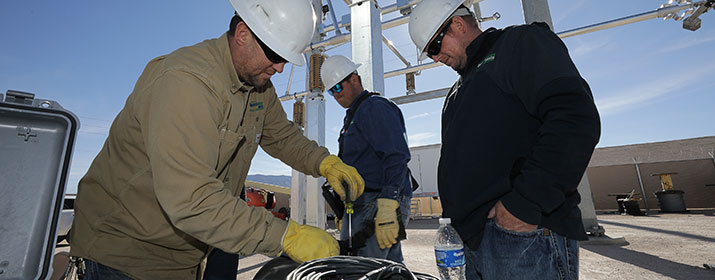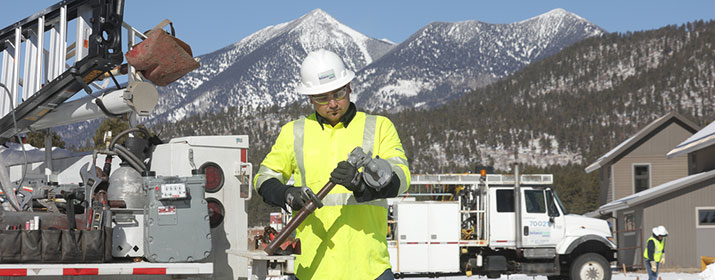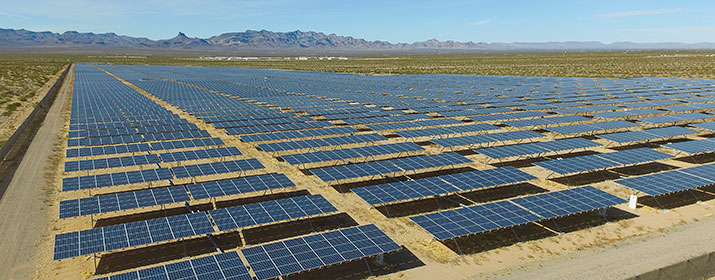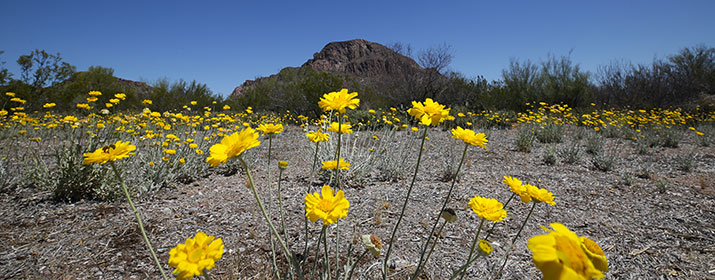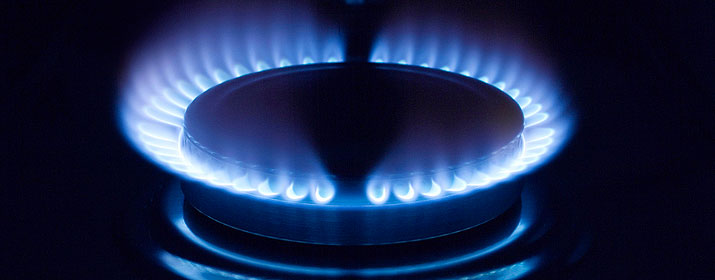
Everyone knows natural gas is both economical and efficient. But there are many other reasons why natural gas is a smart energy choice. Not only does it supplement renewable energy, such as wind and solar, but it also has a smaller carbon footprint than other fossil fuels.
Here are eight facts about natural gas that you may not have known.
- Natural gas is cleaner than other fuels. Natural gas emits significantly less carbon dioxide, sulfur, nitrogen and particles when burned than other fossil fuels. According to the U.S. Environmental Protection Agency (EPA), residential natural gas use accounts for just 4 percent of total U.S. greenhouse gas emissions. Its use has reduced cumulative carbon dioxide emissions by 61 percent, primarily because of shifts in the electricity generation fuel mix.
- Natural gas is flexible. Natural gas is a ready “fuel on demand” that can serve as a baseline, supplemental or backup energy resource. It is also viewed as a “bridge” energy, supporting the expanded use of intermittent solar and wind power. For example, utilities rely on natural gas-fired resources to offset rapid reductions in solar energy output in the late afternoon, when energy use in Arizona typically reaches its peak.
- Natural gas is efficient. Continued efficiency improvements have helped hold total residential consumption levels steady since 1970, even as the number of customers served has increased by 86 percent, according to the U.S. Energy Information Administration (EIA). Technological advancements in gas furnaces, water heaters, insulation, windows and thermostats have combined with utility energy efficiency programs to achieve tremendous energy and cost savings for customers. The American Gas Association reports the average U.S. home consumes 40 percent less natural gas than it did 40 years ago because of these technological advances.
- Natural gas is highly reliable. Service disruptions are rare. According to the Gas Technology Institute (GTI), planned outages affect only about 1 in 112 gas customers each year, while unplanned outages only affect about 1 in 800 customers.
- Natural gas is safe. The natural gas industry as a whole spends $6 billion annually on pipeline replacements and upgrades to ensure the safe delivery of gas to customers. Since most of the gas leaks are caused by excavation damage to lines, natural gas utilities invest heavily in “811” or “call before you dig” education programs.
- Natural gas is affordable. A typical new home saves $900 a year by using natural gas for water heating, cooking and clothes drying, according to the American Gas Association.
- Natural gas is an economic driver. The industry as a whole supports more than 4 million jobs and contributes $550 billion to the U.S. Gross Domestic Product, according to the American Petroleum Institute.
- Natural gas reduces demand on the electric grid. Natural gas plays an essential role in the energy mix of most utilities, including UniSource. Electrifying the entire residential sector would nearly double the U.S. electric grid’s peak hourly demand. Natural gas helps supplement and satisfy the demand for energy.
“Natural gas is a wise energy choice,” said Jason Garrett, District Manager for UniSource Gas in Flagstaff. “With winter fast approaching, the demand for natural gas increases for home heating. Our routine inspections of the gas system ensure a stable, reliable and safe energy source that’s clean and affordable throughout the year.”

